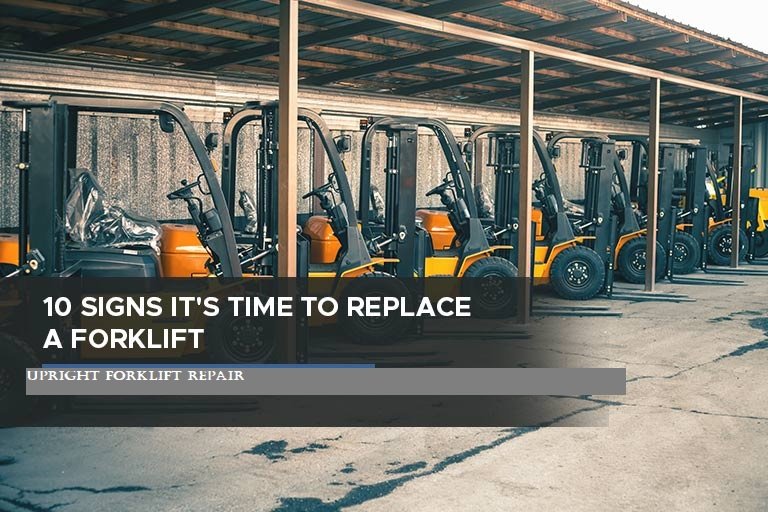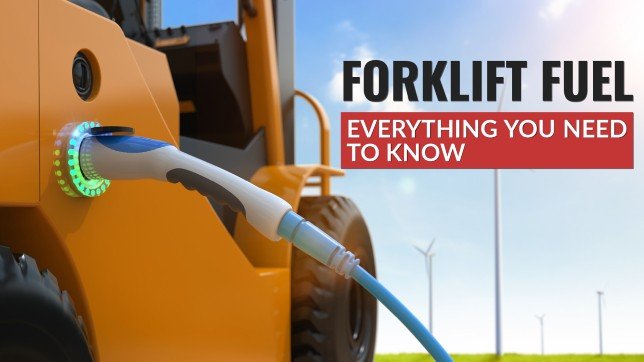Signs Your Forklift Needs Repair
Recognizing when your forklift needs repair is crucial for maintaining productivity and safety in your operations. Common signs include unusual noises, decreased performance, and visible damage or wear. Addressing these issues promptly can prevent costly breakdowns and ensure your forklift continues to operate efficiently.
Regular maintenance and inspections can help identify potential problems before they become major issues. By staying proactive, you can extend the lifespan of your forklift and avoid unexpected downtime that disrupts your business.
Importance of Proper Forklift Operator Training
Skilled forklift operators are essential for maintaining a safe and productive work environment. Proper training ensures operators understand how to handle the equipment safely, navigate tight spaces, and respond appropriately to various scenarios. This training not only protects your employees but also helps prevent costly accidents and damage to your inventory or facility.
Investing in ongoing operator training and certification programs demonstrates your commitment to workplace safety. It also empowers your team to work more efficiently and confidently, which can lead to improved overall productivity.
Choosing the Right Forklift Fuel Source
The fuel source you select for your forklift can have a significant impact on your operations. Factors to consider include runtime, emissions, and refueling requirements. Gasoline, diesel, and propane-powered forklifts each have their own advantages and drawbacks, so it's important to evaluate your specific needs and choose the option that best fits your workplace.
Consulting with forklift experts can help you determine the most suitable fuel source for your application. By making an informed decision, you can optimize your forklift's performance, reduce operating costs, and ensure compliance with environmental regulations.
Maintaining Forklift Stability and Balance
Proper forklift stability and balance are essential for safe and efficient operations. Factors such as load distribution, center of gravity, and terrain can all impact a forklift's stability. Operators must be trained to recognize and respond to potential stability issues, such as uneven loads or unstable ground conditions.
Regular maintenance and inspections of forklift components, such as tires, hydraulics, and counterweights, can help maintain stability and prevent accidents. By prioritizing forklift stability, you can protect your employees, preserve your equipment, and ensure seamless material handling processes.
Signs Your Forklift Needs Repair
Recognizing when your forklift needs repair is crucial for maintaining productivity and safety in your operations. Common signs include unusual noises, decreased performance, and visible damage or wear. Addressing these issues promptly can prevent costly breakdowns and ensure your forklift continues to operate efficiently.
Regular maintenance and inspections can help identify potential problems before they become major issues. By staying proactive, you can extend the lifespan of your forklift and avoid unexpected downtime that disrupts your business.
Importance of Proper Forklift Operator Training
Skilled forklift operators are essential for maintaining a safe and productive work environment. Proper training ensures operators understand how to handle the equipment safely, navigate tight spaces, and respond appropriately to various scenarios. This training not only protects your employees but also helps prevent costly accidents and damage to your inventory or facility.
Investing in ongoing operator training and certification programs demonstrates your commitment to workplace safety. It also empowers your team to work more efficiently and confidently, which can lead to improved overall productivity.
Choosing the Right Forklift Fuel Source
The fuel source you select for your forklift can have a significant impact on your operations. Factors to consider include runtime, emissions, and refueling requirements. Gasoline, diesel, and propane-powered forklifts each have their own advantages and drawbacks, so it's important to evaluate your specific needs and choose the option that best fits your workplace.
Consulting with forklift experts can help you determine the most suitable fuel source for your application. By making an informed decision, you can optimize your forklift's performance, reduce operating costs, and ensure compliance with environmental regulations.
Maintaining Forklift Stability and Balance
Proper forklift stability and balance are essential for safe and efficient operations. Factors such as load distribution, center of gravity, and terrain can all impact a forklift's stability. Operators must be trained to recognize and respond to potential stability issues, such as uneven loads or unstable ground conditions.
Regular maintenance and inspections of forklift components, such as tires, hydraulics, and counterweights, can help maintain stability and prevent accidents. By prioritizing forklift stability, you can protect your employees, preserve your equipment, and ensure seamless material handling processes.




